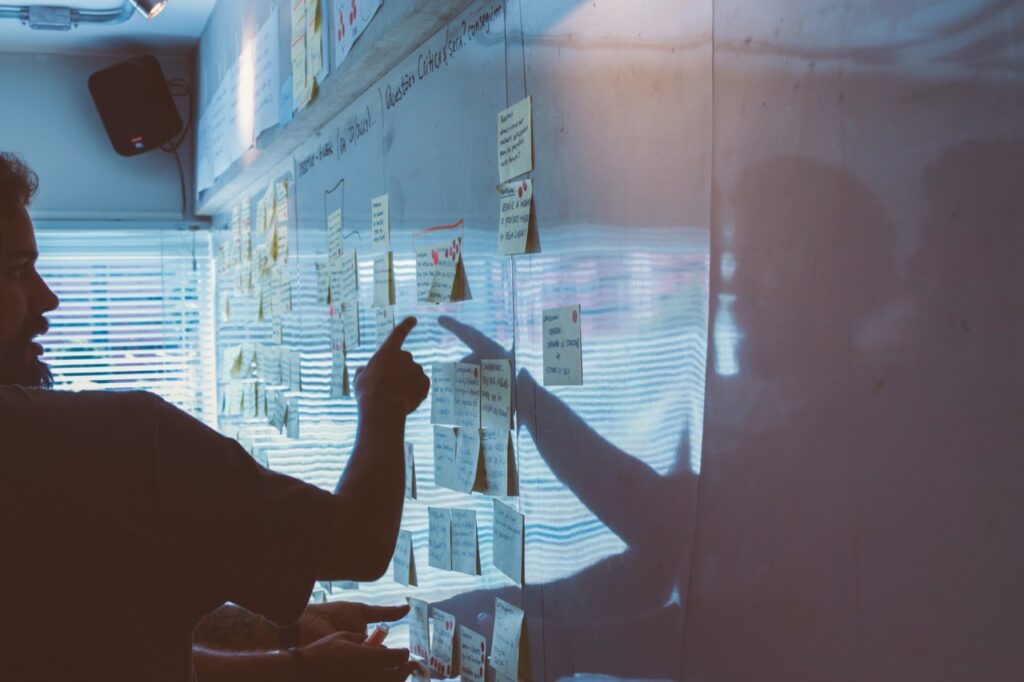On September 17th, the Silicon Valley Community Meetup discussed the importance of having difficult conversations. As a project founder or CEO, it is essential to know how to handle these conversations in order to create an effective working relationship with others. In this blog post, we’ll discuss the resources and advice discussed at the meetup, as well as Mindy Zhang’s experiences on the topic.
Resources Discussed At the meetup, several resources were suggested for navigating difficult conversations. The first was Dale Carnegie’s classic book “How To Win Friends and Influence People” which is a great resource for developing interpersonal skills. Additionally, Crucial Conversations by Kerry Patterson was recommended as a useful tool for learning how to have more meaningful and productive conversations. Finally, Radical Candor by Kim Scott emphasizes both being kind and challenging direct reports while also providing them with clear expectations and goals.
Advice Given Beyond suggesting resources, there was some general advice given on how to approach difficult conversations in order to reach a mutual agreement and foster respect between both parties involved. It was suggested that using the PESOS framework could be helpful when planning for a conversation beforehand so that one can anticipate any potential outcomes or issues that might arise from it. Additionally, it was mentioned that instead of simply giving feedback it is important to show how one came to their conclusion rather than just stating it directly so that there is room for discussion without feeling judged or criticized. Finally, if one wishes to gain an outside perspective on this topic it could be beneficial to speak with a career coach who understands what it is like for people not male in tech and can provide additional insight into these types of conversations.
Mindy Zhang’s Experiences
At the meetup Mindy Zhang shared her experiences of finding her authentic voice after receiving praise early on in her career for being nice, approachable, and collaborative – qualities which often lead women in tech fields to be seen as less competent than their male counterparts despite having equal skill sets. She also discussed strategies such as prototyping small changes first before asking others for feedback afterwards – which helps create psychological safety within any work environment – and focusing outside of oneself when in conversation with leadership so that it becomes about something external from both parties instead of personal feelings or emotions.
Conclusion:
Difficult conversations are an inevitable part of life at work; however knowing how to handle them appropriately can help foster meaningful relationships between individuals while also creating an effective working environment overall. By utilizing resources such as “How To Win Friends And Influence People” by Dale Carnegie or “Crucial Conversations” by Kerry Patterson one can gain valuable insight into how best navigate these kinds of conversations while also taking into account Mindy Zhang’s experiences which demonstrate both the bias women face at work between likability vs competence but also ways they can manage those situations effectively through conversation techniques such as prototyping small changes first before asking others for feedback afterwards or focusing outside oneself when speaking with leadership about sensitive topics. Ultimately by becoming familiar with all these techniques one can become better equipped in dealing with difficult conversations successfully whenever they arise within their company setting.


